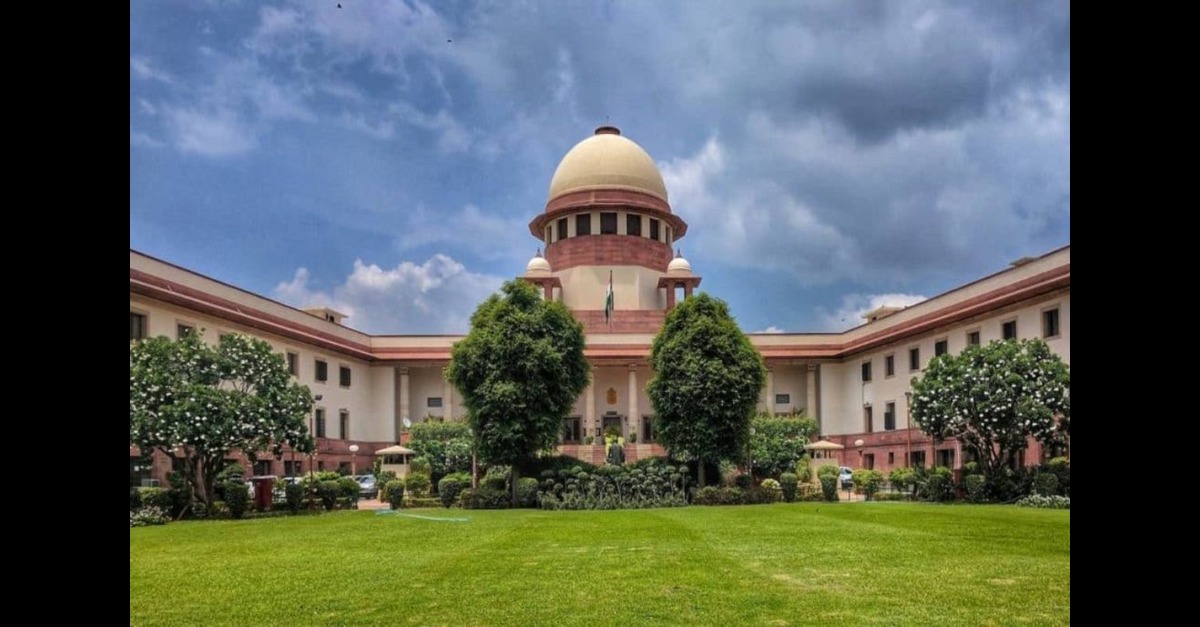Introduction
In a strong assertion of federal tenets under the Indian Constitution, India’s Supreme Court has put on hold the Enforcement Directorate’s (ED) probe into the Tamil Nadu State Marketing Corporation (TASMAC), a state-owned corporation responsible for selling liquor in Tamil Nadu. The Court noted that the ED’s move against a State-owned company without well-defined predicate offences under the Prevention of Money Laundering Act (PMLA) constituted overstepping of State functions and cast a grave doubt on the breach of constitutional federalism.
Background
The ED had put TASMAC in its crosshairs with regard to suspected financial anomalies in the distribution of liquor shop licences, with the ED alleging a ₹1,000 crore scam. The ED initiated proceedings under the PMLA without making a predicate offence public, whereupon the Tamil Nadu government raised strong objections.
Previously, the Madras High Court, by its order of April 23, 2025, had denied the ED inquiry, prompting the Tamil Nadu government and TASMAC to move to the top court.The petitioners argued that a central agency acting against a state-owned statutory authority without following statutory requirements and without permission was an open challenge to the federal framework envisioned by the Constitution.
Key Points
- Encroachment of State Power:The Supreme Court held that the ED’s action was a grave question mark on the Centre encroaching upon the domain of State power.The Court added further that the Constitution contemplates cooperative federalism and any unilateral central action against state officials must be constitutionally and legally warranted.
- Lack of Predicate Offence:The main point was that the ED had initiated proceedings under the PMLA without defining a scheduled or predicate offence, which is mandatory for initiating money laundering investigations.The Court emphasized that such lack of basis weakens the investigation.
- State-Controlled Body Cannot be Targeted Arbitrarily:The Court explained that State bodies like TASMAC cannot be addressed with coercive central action absent necessary legal protection. The ED inquiry, in its present phrasing, was found prima facie to be not sustainable in law.
- ED Warned Against ‘Crossing All Limits’:The Court made a biting observation that the ED is “crossing all limits” by bringing proceedings with disregard for constitutional limits and procedural justice. The Bench’s tone underlined judicial alarm at mounting grievances of overreach by central investigating agencies.
Recent Developments
On May 21, 2025, the Supreme Court formally stayed the ED’s inquiry against TASMAC and issued notice to the ED and the Union of India.The Bench ordered the respondents to submit their counter-affidavits within four weeks, and pending that, no coercive action is to be taken against TASMAC.The oral observations of the Court were unambiguous:
“The ED cannot be permitted to work in a way that compromises the spirit of federalism. There has to be accountability and legal sanctity to every action, especially when it involves a government agency.”
The case has received national attention, particularly in the wake of growing tension between the States and Centre over the extent of federal agencies.
Conclusion
This decision is an important judicial rebuke to alleged central overreach and reasserts the Constitutionally embedded balance of power. Although the ED still has investigative powers under the PMLA, such powers are not absolute. The intervention by the Supreme Court acts as a reminder that procedural fairness, federal respect, and compliance with the Constitution continue to be Indian government’s core pillars. The ultimate result of this case might well establish precedent on the boundaries of central agency authorities in relation to State-administered institutions and influence Centre-State relations in financial probes to come.
“PRIME LEGAL is a full-service law firm that has won a National Award and has more than 20 years of experience in an array of sectors and practice areas. Prime legal falls into the category of best law firm, best lawyer, best family lawyer, best divorce lawyer, best divorce law firm, best criminal lawyer, best criminal law firm, best consumer lawyer, best civil lawyer.”
WRITTEN BY ADI MEHTA


